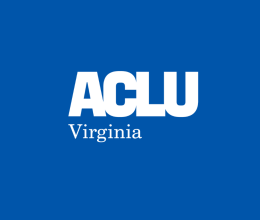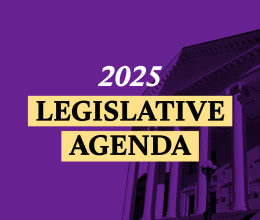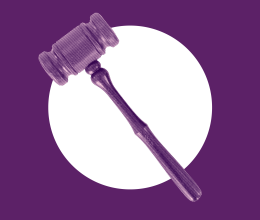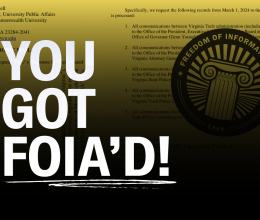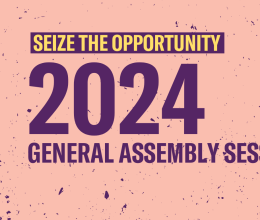
Fourth Circuit reversed lower court decision striking down ABC ban on alcohol ads
Richmond, VA--The ACLU of Virginia today asked the U.S Supreme Court to review a ruling by the Fourth Circuit Court of Appeals that allows restrictions on alcohol-related advertising in college publications in Virginia.
In April, on a divided vote, the Fourth Circuit upheld the Virginia Alcoholic Beverage Control Board’s prohibition on the advertising of beer, wine, and mixed drinks in college student publications (unless in the context of an ad for a dining establishment).
The Fourth Circuit’s ruling overturned a 2008 U.S. District Court decision striking down the ABC regulation. The district court found no evidence that the advertising ban had any effect on underage drinking and that there were other legitimate ways the state could reduce student drinking-- including increased taxation on alcohol and counter-advertising --without infringing on freedom of the press.
The district court’s decision relied on expert witnesses and an earlier case in which the University of Pittsburgh’s student paper, Pitt News, challenged similar state restrictions. In that case, the Third Circuit Court of Appeals held that the alcohol ad restrictions violated the freedom of the press because they did not have any effect on underage drinking and because they unjustifiably imposed a burden on media associated with universities and colleges that was not imposed on other media. That decision was written by then-Judge Samuel A. Alito, now a U.S. Supreme Court justice.
But the Fourth Circuit concluded that there was a “common sense” link between alcohol advertising bans in college papers and a decrease in demand for alcohol by college students, even if there was no evidence to support such an assumption.
“Under the First Amendment, the government may not restrict truthful advertising unless it can prove that the restriction directly advances important societal goals,” said ACLU of Virginia legal director Rebecca Glenberg. “In this case, there was no evidence that banning alcohol ads in college newspapers diminishes underage or binge drinking on campus.”
“College students are bombarded with alcohol ads everyday – on television, on the radio, on the Internet, on t-shirts, on baseball caps, and in magazines,” added Glenberg. “There is no reason to believe that banning the small fraction of these ads that appear in college newspapers has any impact on student behavior.”
“The Constitution does not allow government officials to infringe on freedom of the press on a hunch,” said ACLU of Virginia executive director Kent Willis. “They need a reason, and it needs to be a good one. In this case, there is simply no evidence that the ABC restrictions on alcohol advertising in college papers have any effect whatsoever, except to make it harder for those newspapers to bring in advertising revenues. ”
Petitioners in the case are Educational Media Company at Virginia Tech, the owner of Virginia Tech’s Collegiate Times, and the University of Virginia’s The Cavalier Daily. The case is Educational Media Company at Virginia Tech v. Swecker. ACLU of Virginia legal director Rebecca K. Glenberg and ACLU cooperating attorney Frank Feibelman of Richmond represent the petitioners.
A copy of the ACLU’s petition is available online at http://acluva.org/wp-content/uploads/2010/08/08-23-10.pdf.
Contacts:
Rebecca Glenberg, Legal Director Kent Willis, Executive Director 804-644-8022
